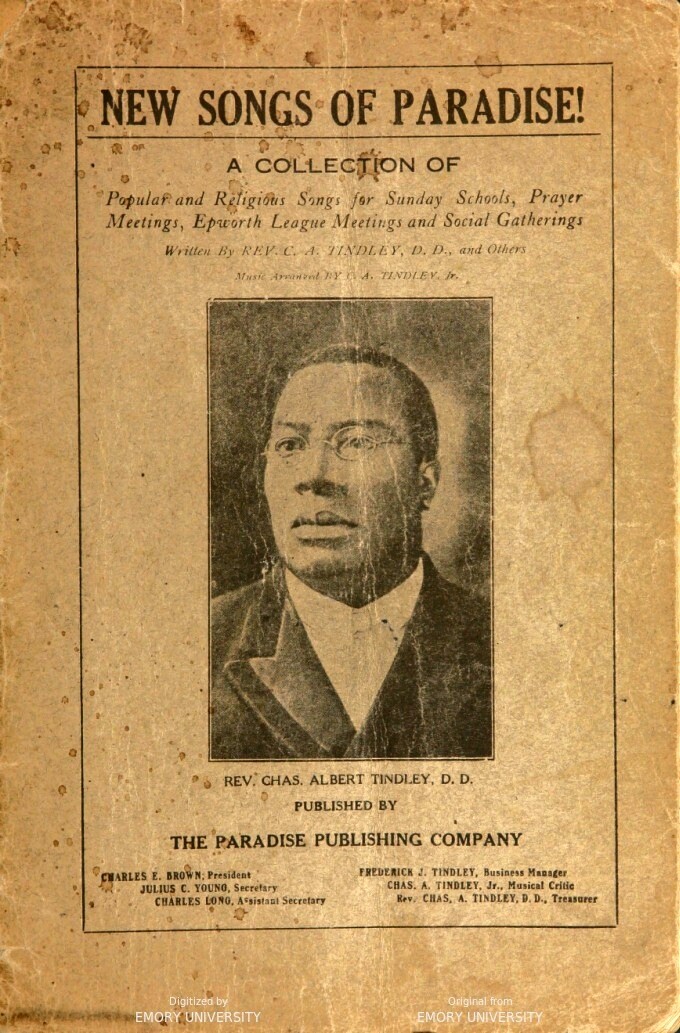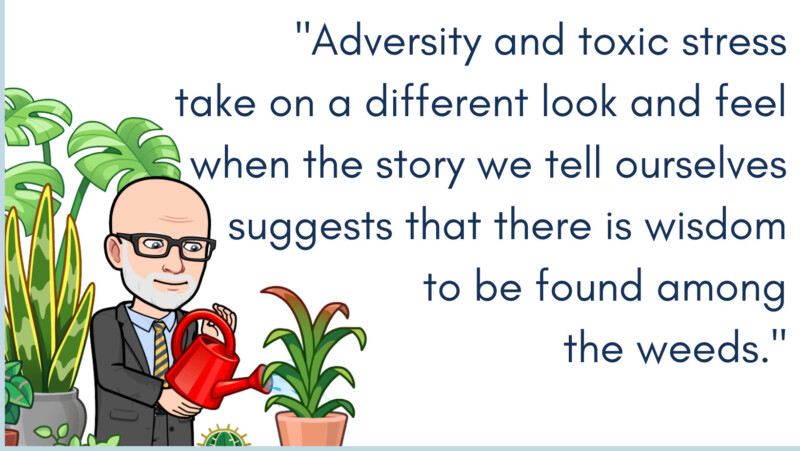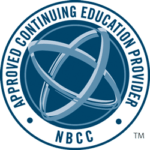Injured, But Not Defeated
There, in an ancient text lies a statement of profound truth, with far-reaching implications. It reads, “*But the more they were oppressed, the more they increased…* (Exodus 1:12).”
More than 4000 years later this hope finds a renewed expression through Rev. Charles Tindley, a Methodist Episcopal minister and songwriter, whose father was a former slave and who grew up in a community of former slaves. In 1901, he wrote the lyrics to, “We Will Overcome.” A little more than 40 years later, black women working in factories in South Carolina were advocating for a $0.30 pay raise. During their labor strike, they sang:
 This world is one great battlefield
This world is one great battlefield
With forces all arrayed,
If in my heart I do not yield
I’ll overcome some day.
I’ll overcome some day,
I’ll overcome some day,
If in my heart I do not yield,
I’ll overcome some day.
Both seen and unseen powers join
To drive my soul astray,
But with His Word a sword of mine,
I’ll overcome some day.
I’ll overcome some day,
I’ll overcome some day,
But with His Word a sword of mine,
I’ll overcome some day.
In the 1960s, Pete Seeger and Joan Baez, would sing their version of the song and “We Shall Overcome” became the unofficially adopted anthem of the Civil Rights movement.
“*The more they were oppressed, the more they increased,* is an idea that not only has a spiritual quality, it has a pragmatic one as well. Inside every human is the capacity to imagine a better tomorrow and from that imagination springs faith and hope. More imminent is a person’s ability to redefine and reframe their history of trauma into resilient future. Through intentional acts of slowing down the pace and smoothing out the reactions, they find their feet sliding easier over the resistance.
This strength to increase in the face of adversity is better done collectively than individually. Still, to become better tomorrow, each one must begin being today — being present and being intentional. It is as if there is a voice inside each person and inside the community as a whole, and that voice is saying, as Rabbi Jonathan Sacks, of blessed memory, said, “You are in this situation, bad though it is, because there is a task to perform, a skill to acquire, a strength to develop, a lesson to learn, an evil to redeem, a shard of light to be rescued, a blessing to be uncovered.”
Adversity and toxic stress take on a different look and feel when the story we tell ourselves suggests that there is wisdom to be found among the weeds. Imagine being chosen to be a living testament to those around you and those who will follow your story, that out of the flames of tragedy, triumph emerges to take flight; provided one is willing to grapple with what they were told was true until they find the higher truth.
For ages, humans have justified their violence against other humans by invoking the name of God, the God of love. Still, history is filled with untold stories of obscure people, who never stood on the gold, silver, or bronze stages, but nevertheless are winners. They did not run in a competitive race, but rather they ran in the human race. They did not run to come in first. They ran that all people, in all places, could run and go the distance. They and those that learn from them are the real winners because, though they can be injured, they cannot be defeated.
In the spirit of Martin Luther King, and in solidarity with underpaid and under-supported workers everywhere, may the words of the ancient patriarch Jacob, while resisting tyranny against his family, be the refrain of every person who has endured maltreatment and neglect —
“I will not let go until you bless me (Ge 32:27).”


Dr. Roderick Logan is a Senior Faculty member and Director of Organizational Programs at the Arizona Trauma Institute. As well, he is Senior Faculty at the Trauma Institute International. He also provides consulting through his Making Space to Heal company.



